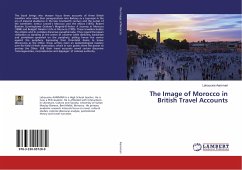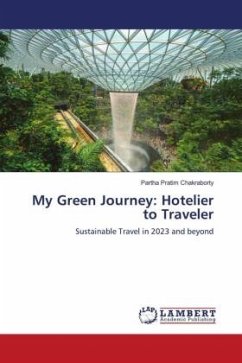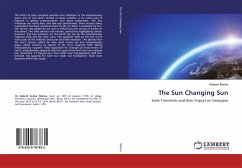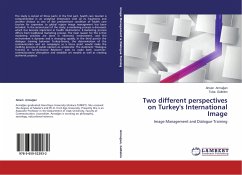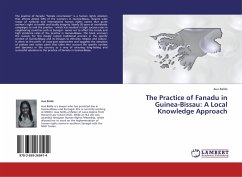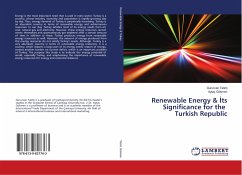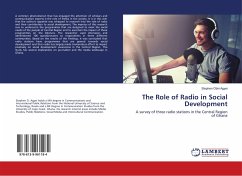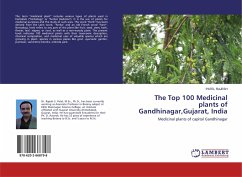This book brings into sharper focus three accounts of three British travellers who made their peregrinations into Barbary as a toponym in the era of imperial ebullience in the late nineteenth century and the outset of the twentieth: Arthur Leared's Morocco and the Moors (1876), Robert Bontine Cunninghame Graham's Mogreb-El-Acksa: A Journey in Morocco (1898) and Budgett Meakin's Life in Morocco (1905). These travellers bolster the empire and its complex discursive paraphernalia. They regard European civilisation as standing at the centre of universe while darkness, barbarism and primitivism sprawled on the periphery, pitting hence the centre against the periphery. Expressing their Orientalist desire to know Moroccans as the Other, these writers claim an epistemological mastery over the field of their observation, which in turn grants them the power to portray the Other. Still, their travel accounts unveil certain discursive 'heterogeneities, inconsistencies and slippages' of colonial authority.
Bitte wählen Sie Ihr Anliegen aus.
Rechnungen
Retourenschein anfordern
Bestellstatus
Storno

